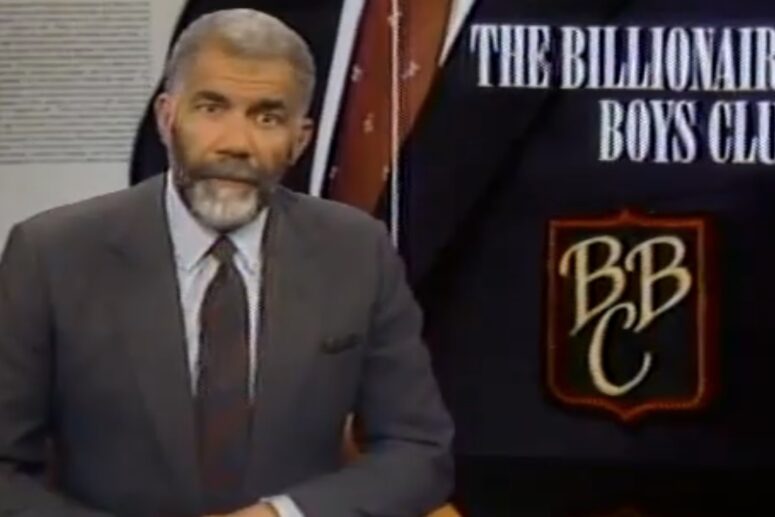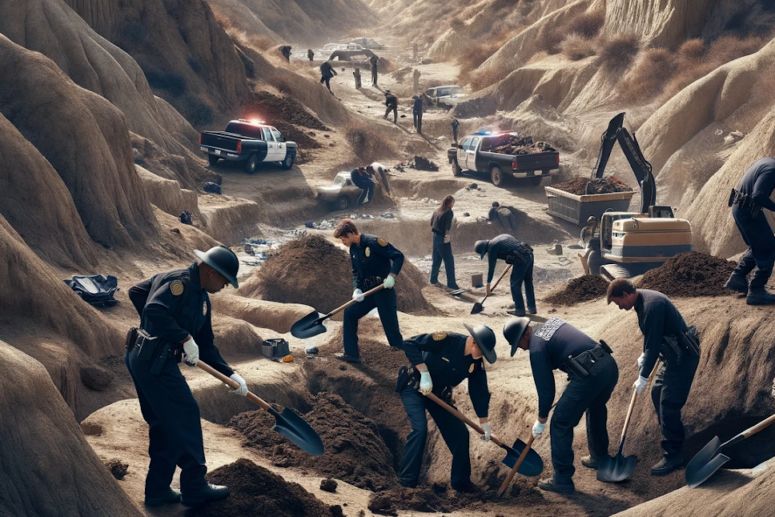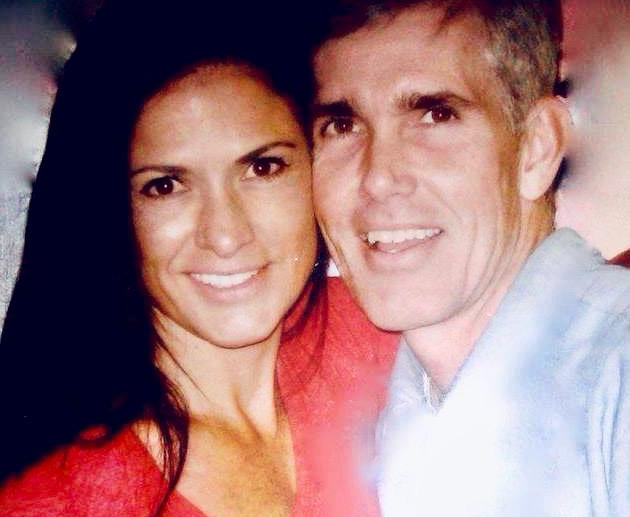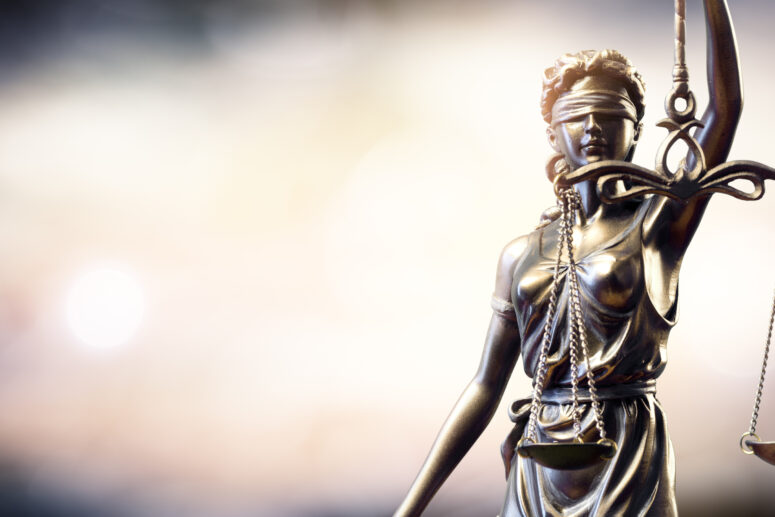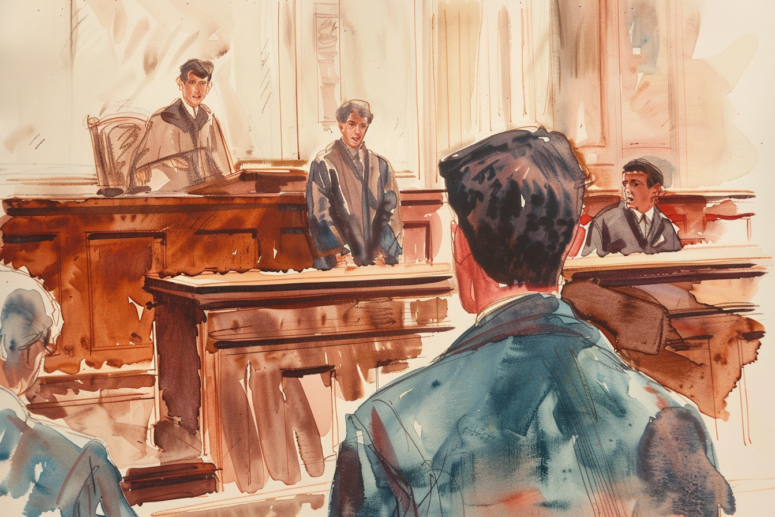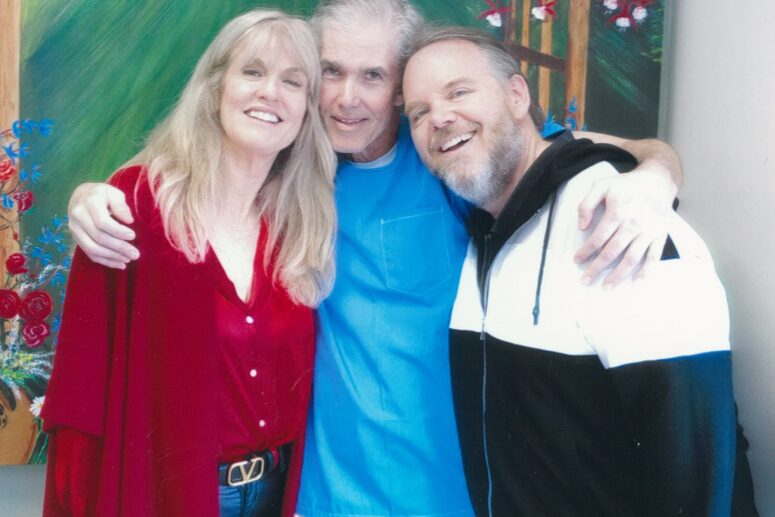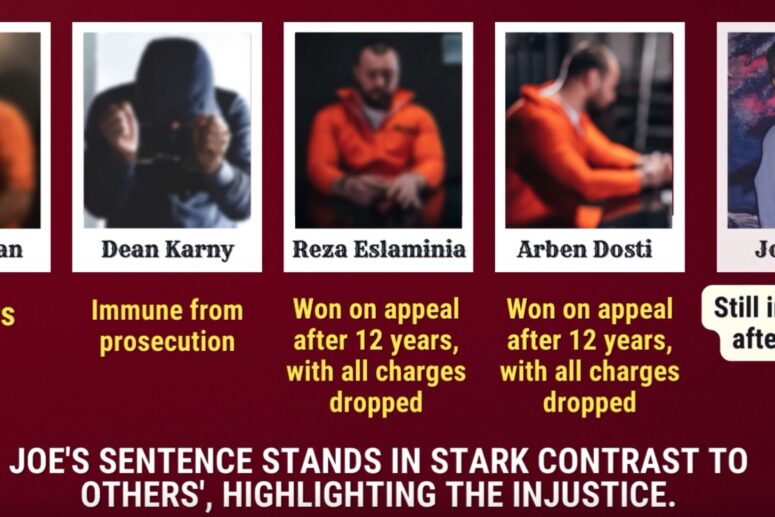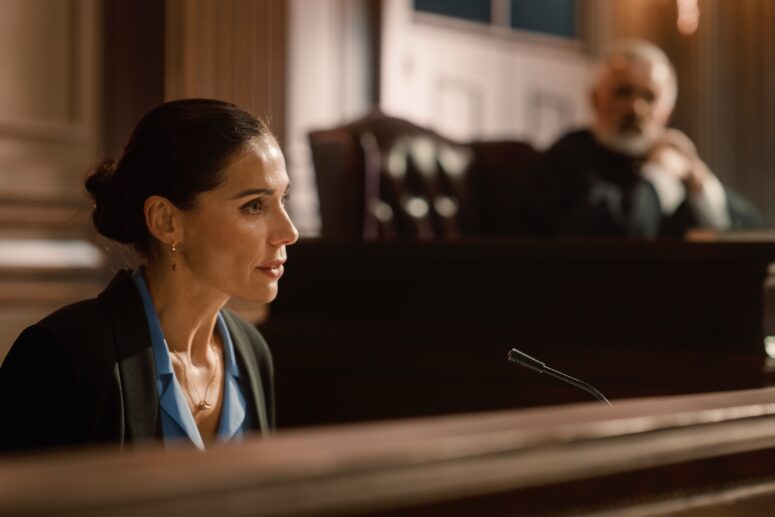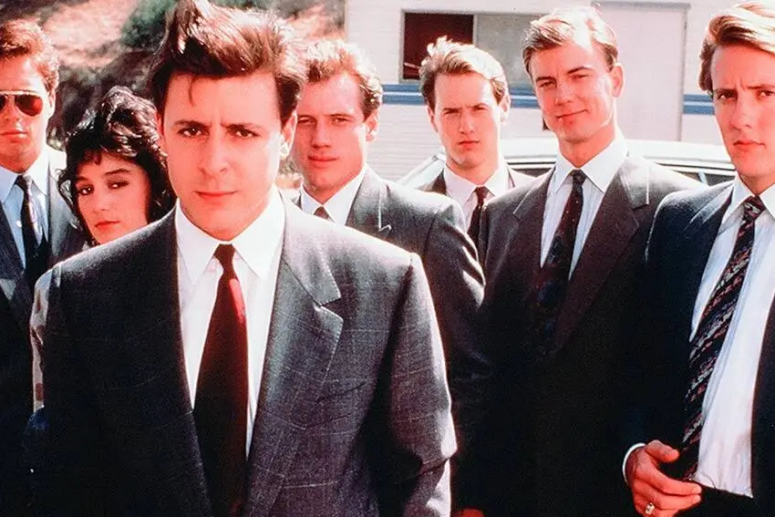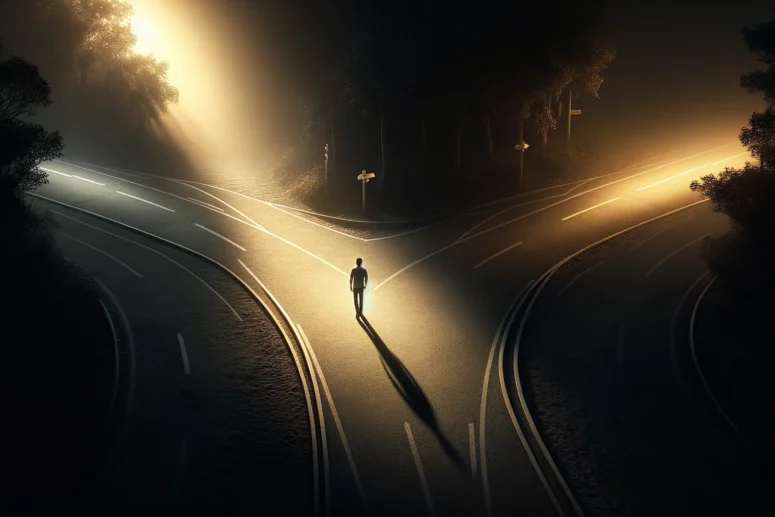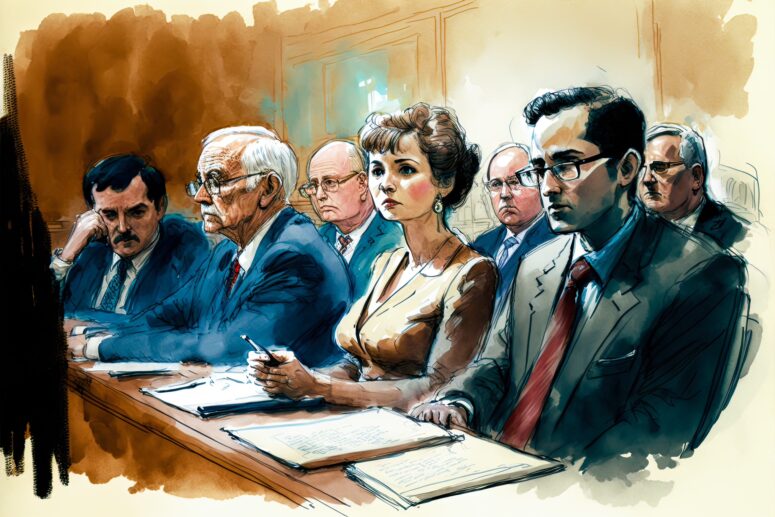Media Narratives Debunked: Is Joe Hunt Truly a Threat to Society?
Exposing the Truth: Jim Pittman’s Dubious Testimony and the Quest for Justice
44,000 Strong & Growing: New Insights & Advocacy for Joe’s Freedom
A Miscarriage of Justice: The Overdue Reexamination of Joe Hunt’s Wrongful Conviction
Scam or Scapegoat? Rethinking Joe Hunt’s Financial Legacy
Proven Innocent… But Still in Prison? Why?
Ask Joe: Age and Accountability: Rethinking Youth Offenses and Rehabilitation
Why Joe Hunt Deserves a Chance at Parole (Video)
Ask Joe: Can New Testimonies Overturn a Conviction Based on Circumstantial Evidence?
Things that make you go ‘Hmmm’
Ask Joe: The Conundrum of Honesty in the Shadows of Conviction
Joe Hunt and the Claim of Right Defense: A Legal Argument for Innocence
Joe discusses his dream of starting a family.
Joe Hunt discusses how if had he been released, he and his wife would have hoped for children.
https://www.youtube.com/watch?v=4N7_eLetryU
Transcript:
Well, we would’ve wanted to have child...
Interview: Joe Hunt discusses the sixteen people he helped to receive sentence reductions.
Joe Hunt discusses the sixteen people he helped avoid a life sentence and the dozens that received sentence reductions.
https://www.youtube.com/watch?v=f4K60ZwJ3GI
Transcription:
Well yes, I�...
Joe explains how he chose which inmates to offer legal assistance to.
Joe Hunt explains how he chose which inmates to offer legal assistance to, and several ways that he did this.
https://youtu.be/5Q8lTkSLE8o
Transcript:
So you asked about what sort of results ...
Video: Joe Hunt describes his theory of what happened to Ron Levin.
Joe talks about what he thinks happened to Ron Levin. It's likely that Levin jumped bail, especially in light of witness accounts that Levin was researching Brazilian extradition treaties and had inqu...
Joe Hunt describes how the bleakness of prison life can lead to suicide.
Joe describes how the bleakness of prison life can lead to thoughts of suicide.
https://youtu.be/kIvMj_tn1Co
Transcript:
Yes, I’ve been on yards that were so dark, I mean what we’re talki...
Joe Hunt and the miracle of the donuts
Joe Hunt describes an uncanny experience involving law enforcement, donuts, and his spiritual beliefs.
https://youtu.be/hPSdqOb3R1M
Transcript:
It was 1987, I was in the Los Angeles County Ja...
Joe Hunt talks more about the “claim of right” defense
Joe Hunt talks more about the Claim of Right Defense.
https://youtu.be/4qK--IIPUt4
Transcript:
So if the jury had been properly instructed, and had received the law on the Claim of Right Defe...
Joe Hunt describes the deceit, pretense and posturing rampant through BBC.
Joe Hunt describes the deceit, pretense and posturing rampant through BBC, and the prevalence of flaws in the judicial system.
https://youtu.be/YbO6p0kYeiI
Transcript:
There are cases which s...
Video: Joe Hunt explains the infamous “to-do” list was an intimidation tool, not a murder plan.
In this interview, Joe Hunt describes the to-do list entered as evidence was meant as a desperate ploy to intimidate Ron Levin into paying back the millions he owed BBC, because the con man had no fea...
Video: Joe Hunt discusses laws that give accomplices the same punishment as perpetrators.
Joe Hunt discusses the Natural and Probable Consequences Doctrine, which results in "aiders and abettors" of a crime getting the same punishment as perpetrators.
https://youtu.be/rCX0E4-c5XU
Tra...
Video: Joe Hunt describes his embarrassment over the media-created name, “Billionaire Boys Club.”
In this interview, Joe Hunt explains the history of the "Billionaire Boys Club" name. BBC actually stood for "Bombay Bicycle Club," but, to Joe's embarrassment, was changed to Billionaire Boys Club in...
Video: Joe Hunt describes all of the legitimate business activities of the BBC.
The name "Billionaire Boys Club" has become associated with scandal, but in this interview, Joe Hunt describes all of the legitimate business enterprises his organization -- actually named BBC, which ...
